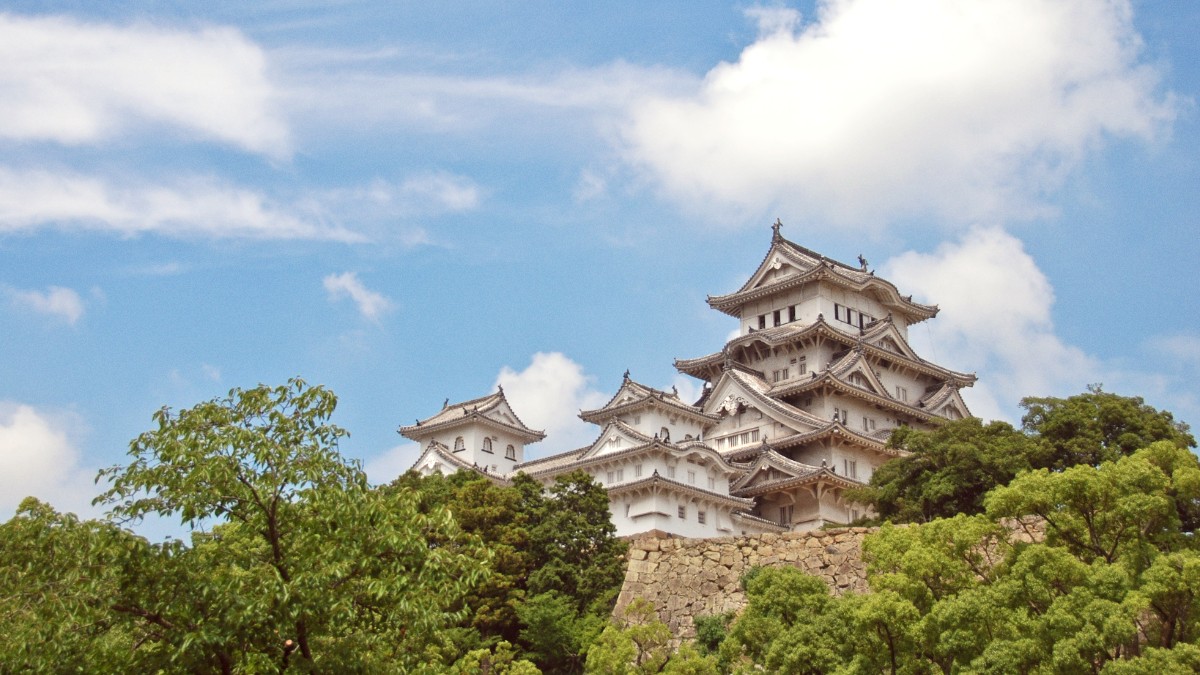
Western Honshu, Japan
Itsukushima Shrine and Mt. Misen's primeval forest hold UNESCO World Heritage status for cultural and natural value.
The island's forests are managed to keep their natural state. Efforts for Seto Inland Sea marine environment conservation are ongoing.
Japan's strict recycling system separates waste. Public trash bins are scarce; carry your trash until you find a suitable bin or return to accommodation.
Conscious choices contribute to environmental well-being.
Minimizing waste benefits the environment.
Travelers may consider offsetting their flights' carbon footprint.
Support accommodations prioritizing sustainability.
Ongoing efforts preserve Itsukushima Shrine's integrity. Supporting local artisans aids traditional crafts like Miyajima Bori and Momiji Manju making.
Prioritize local ryokan and restaurants. Purchase souvenirs from independent shops; this directs benefits to local artisans and businesses.
Japan maintains strong regulations and ethical standards. Exploitation in mainstream tourism is not a significant concern. Consider visiting during shoulder or low seasons. Small donations at temples and shrines are customary.
Respectful interaction with Miyajima's culture is a part of responsible travel.
Adhering to local customs shows consideration.
Observe specific rules at sacred sites for a respectful visit.
Your travel choices directly support the local economy and community.
Visitors support the local economy by staying in local ryokan, eating at local restaurants, and purchasing souvenirs from local shops along Omotesando Shotengai.
Instead of direct giving, consider donations to reputable local charities or conservation efforts if you wish to contribute. Small donations at temples and shrines are customary.
Japan has strong regulations and ethical standards. Exploitation of labor or natural resources in tourism is not a significant concern for mainstream tourism. Avoid contributing to overtourism by visiting during shoulder or low seasons if possible. Spread your visit across various attractions.
A mindful approach to your visit, from respecting local customs to supporting the local economy, enriches your experience and benefits Miyajima's community and environment.